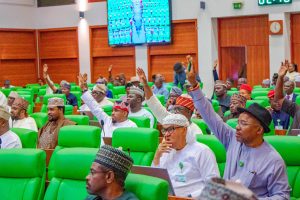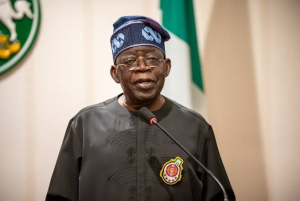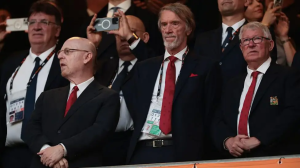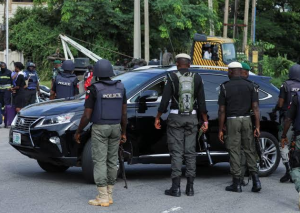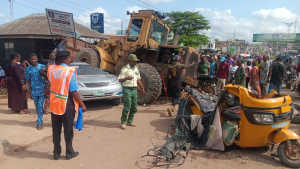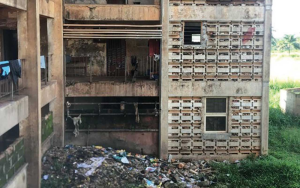
The 2023 presidential candidates of the Peoples Democratic Party (PDP) and Labour Party (LP), Atiku Abubakar and Peter Obi, have denied reports of a power-sharing agreement for the 2027 elections.
Speculation arose following reports that Atiku had offered Obi the vice-presidential slot on a joint ticket, with Atiku committing to serve only one term. The alleged proposal was said to have been discussed during a private meeting earlier this year in the United Kingdom, with Obi purportedly consulting his loyalists for support.
However, Obi dismissed the claims, labeling the rumors as selfish politics detrimental to national progress. During a visit to the Anglican Diocese of Kubwa, where he donated N20 million to support the diocese’s hospital and school, Obi emphasized his focus on good governance and addressing Nigeria’s challenges rather than political appointments.
Atiku’s media aide, Paul Ibe, described the speculation as unfortunate and stressed that coalition talks are still exploratory, aimed at building a credible alternative platform. He urged caution against premature speculation, noting that discussions are ongoing and no concrete decisions on power-sharing have been made.
The Obidient Movement, Obi’s support group, also denied the report. Its National Coordinator, Dr. Yunusa Tanko, called the claims baseless and misleading, affirming that no agreement had been reached. Hajiya Nana Kazaure, the movement’s Director of Strategic Communication, reiterated that Obi remains committed to tackling governance issues and remains a Labour Party member.
Political analysts have weighed in on the situation. Professor Gbade Ojo noted that any viable coalition might need to be between the Yoruba and Southeast regions, with some skepticism about Atiku’s political future and Obi’s ambitions. Dr. Ibrahim Yahaya suggested Obi’s recent comments indicate a strategic recalibration, advising him to build broader alliances ahead of 2027.
Conversely, analysts like Abubakar Ibrahim see merit in a united Atiku–Obi ticket, highlighting the weakened state of opposition parties and the potential strength of their alliance.
The coalition-building process remains fluid, with all parties focused on creating a viable opposition front for the 2027 elections.

